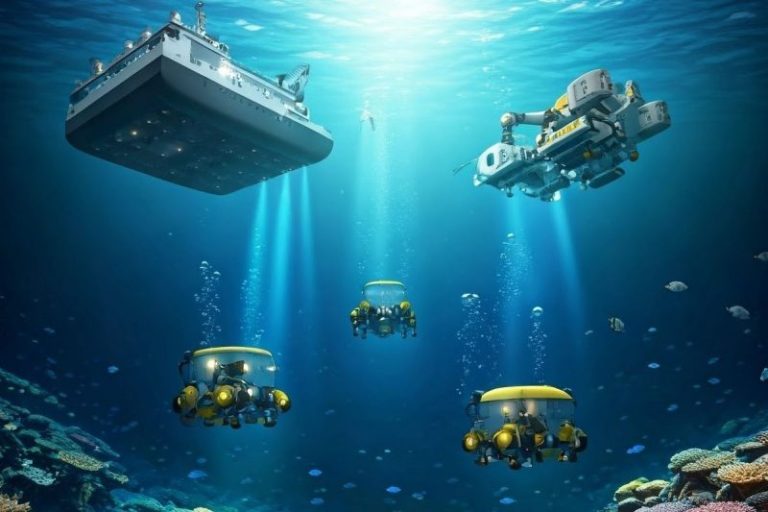Norway’s decision to suspend deep-sea mining plans amidst rising environmental concerns has sparked discussions and debates among stakeholders in the mining and environmental sectors. Deep-sea mining, the extraction of minerals and resources from the ocean floor, has recently gained attention as a lucrative industry with the potential to meet the growing global demand for critical minerals. However, Norway’s move to halt its deep-sea mining activities reflects a growing awareness of the potential environmental risks and impacts associated with this emerging industry.
One of the primary concerns surrounding deep-sea mining is the potential damage to fragile ocean ecosystems. The deep seabed is home to unique and diverse marine life, some of which have yet to be fully discovered and understood. The physical disturbance caused by mining operations, such as seabed dredging and sediment plumes, can have long-lasting and damaging effects on marine habitats and species. Additionally, the use of heavy machinery and extraction techniques can disrupt deep-sea ecosystems, leading to the loss of biodiversity and ecosystem services.
Another significant environmental concern related to deep-sea mining is the release of toxic chemicals and heavy metals into the marine environment. Mining activities can release pollutants such as mercury, lead, and arsenic, which can accumulate in marine organisms and potentially enter the food chain, posing risks to human health and the environment. The potential for spills and accidents during mining operations further increases the risk of pollution and contamination of ocean ecosystems.
In addition to environmental concerns, the socio-economic impacts of deep-sea mining are also a subject of debate. While proponents of deep-sea mining argue that it can create jobs, stimulate economic growth, and provide a new source of critical minerals essential for modern technologies, critics raise questions about the equitable distribution of benefits, potential social conflicts, and the long-term sustainability of deep-sea mining activities. There is a need for thorough and transparent assessments of the social and economic impacts of deep-sea mining to ensure that local communities, indigenous groups, and other stakeholders are adequately consulted and involved in decision-making processes.
As countries and industries continue to explore the potential of deep-sea mining, a careful balance must be struck between economic development and environmental protection. Norway’s decision to suspend deep-sea mining plans underscores the importance of taking a precautionary approach and conducting thorough environmental assessments before proceeding with such activities. It is essential for policymakers, industry players, scientists, and civil society to engage in dialogue and collaboration to address the potential risks and challenges associated with deep-sea mining and work towards sustainable and responsible practices that safeguard the health of our oceans and marine ecosystems for future generations.



